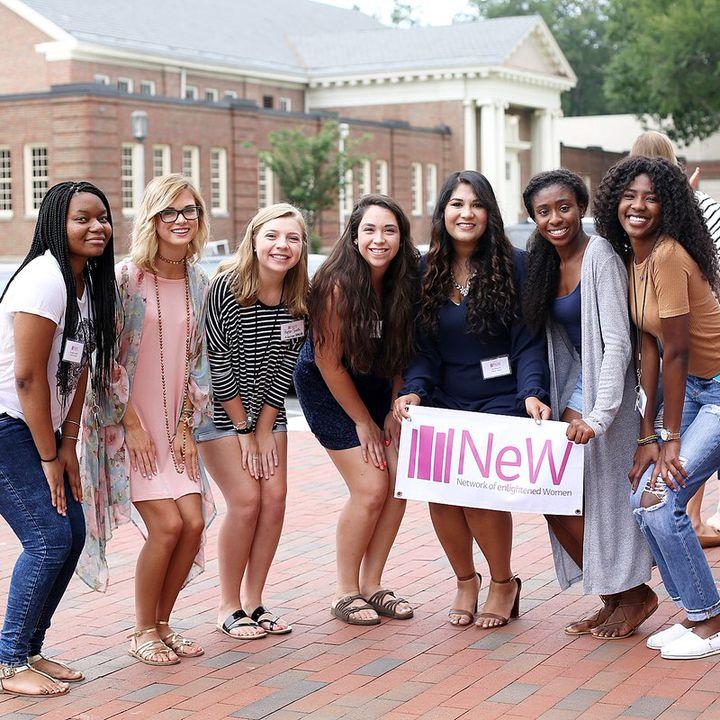How Conservative Ideals Are Gaining Traction Among Young Women in America
Addressing Work-Life Harmony: The Conservative Appeal
In recent years, a notable shift has occurred in the political and cultural attitudes of young women across the United States. Conservative viewpoints have begun to resonate more deeply with this group, particularly by focusing on the challenges of balancing professional ambitions with personal and family life. Unlike progressive narratives that often emphasize relentless career progression, conservative messaging champions the importance of well-being, family engagement, and alternatives to the high-stress corporate environment that many young women find overwhelming.
This perspective promotes flexible working arrangements, values homemaking, and highlights the emotional and financial benefits of raising children. According to recent surveys, nearly 70% of women aged 18 to 35 express a strong desire for improved work-life balance, with burnout cited as a significant factor influencing their career and lifestyle choices. Conservative platforms appeal by offering culturally affirming solutions that make family growth a celebrated and attainable goal.
| Aspect | Conservative Focus | Effect on Young Women |
|---|---|---|
| Flexible Work Policies | Encouragement of remote work and reduced hours | Lower stress levels; enhanced family engagement |
| Family-Centered Values | Support for traditional parenting roles | Validation of personal lifestyle choices |
| Economic Support | Tax incentives and family subsidies | Improved financial feasibility for child-rearing |
Traditional Values: A Foundation for Stability and Identity
In an era marked by rapid societal changes and uncertainty, many young women are gravitating toward enduring traditional values that offer a sense of stability and clear purpose. These principles, often grounded in faith, community, and family, provide a framework that emphasizes long-term satisfaction over fleeting accomplishments. The appeal of strong communal ties and defined gender roles presents a compelling alternative to the exhausting demands of modern careerism and social expectations.
Emerging research and personal testimonies highlight several key trends shaping this shift:
- Reliance on intergenerational support networks fostering belonging
- Recognition of family commitment as central to identity
- Preference for balanced lifestyles that reduce burnout through clear role definitions
- Increasing attraction to conservative narratives that affirm these choices
| Influencing Factor | Impact on Young Women |
|---|---|
| Community Networks | Enhanced feelings of security and support |
| Defined Gender Roles | Clearer life priorities and expectations |
| Faith and Spirituality | Stronger sense of identity and purpose |
| Conservative Messaging | Reinforcement of lifestyle validation |
Family-Focused Economic Initiatives Gain Momentum
In response to rising burnout rates among young families, several conservative-led states have introduced economic policies designed to bolster family stability. These initiatives aim to ease financial burdens that often deter parenthood, including expanded child tax credits, increased childcare subsidies, and incentives for employers to adopt flexible work models. Advocates argue these measures not only alleviate stress for working parents but also foster environments where raising children and pursuing careers can coexist.
- Expanded Child Tax Credits: Larger refunds to offset living costs.
- Childcare Financial Support: Greater funding to lower childcare expenses.
- Flexible Work Incentives: Grants promoting telecommuting and adaptable schedules.
Recent data from states implementing these policies show promising outcomes. Families report better mental health and increased economic confidence. For example:
| State | Increase in Childcare Subsidies | Reduction in Family Stress (%) | Birth Rate Growth (%) |
|---|---|---|---|
| Georgia | +28% | 32% | +4.2% |
| North Carolina | +22% | 30% | +3.9% |
| Ohio | +25% | 34% | +4.0% |
Customized Outreach: Engaging the Diverse Spectrum of Young Women
Experts emphasize that connecting with young women requires communication strategies that are both nuanced and culturally aware. Recognizing the diversity within this demographic, conservative outreach now focuses on personalized storytelling that resonates with varied backgrounds and experiences. This includes targeted social media campaigns, community-based events, and partnerships with influencers who authentically represent different socioeconomic and ethnic groups.
Data-driven approaches help identify key motivators beyond traditional political topics, incorporating themes like work-life harmony, mental health, and financial security. The following table outlines the primary focus areas and preferred engagement platforms:
| Focus Area | Core Messaging | Preferred Channels |
|---|---|---|
| Work-Life Balance | Support for family, flexible career paths | Instagram, Podcasts |
| Financial Stability | Affordable childcare, job security | Facebook Groups, Webinars |
| Mental Health | Combating burnout, encouraging self-care | Twitter Threads, Influencer Blogs |
Conclusion: A Transformative Shift in Young Women’s Political Alignment
The growing alignment of young women with conservative ideals reflects a complex interplay of cultural values, economic realities, and personal aspirations. By addressing burnout and emphasizing family-centric policies, conservatives are tapping into a deep-seated desire for balance and meaningful purpose. This evolving dynamic signals a potential realignment in political affiliations, with significant implications for future elections and policy debates. Observers will be closely monitoring how this trend develops and shapes the broader social and political landscape.






